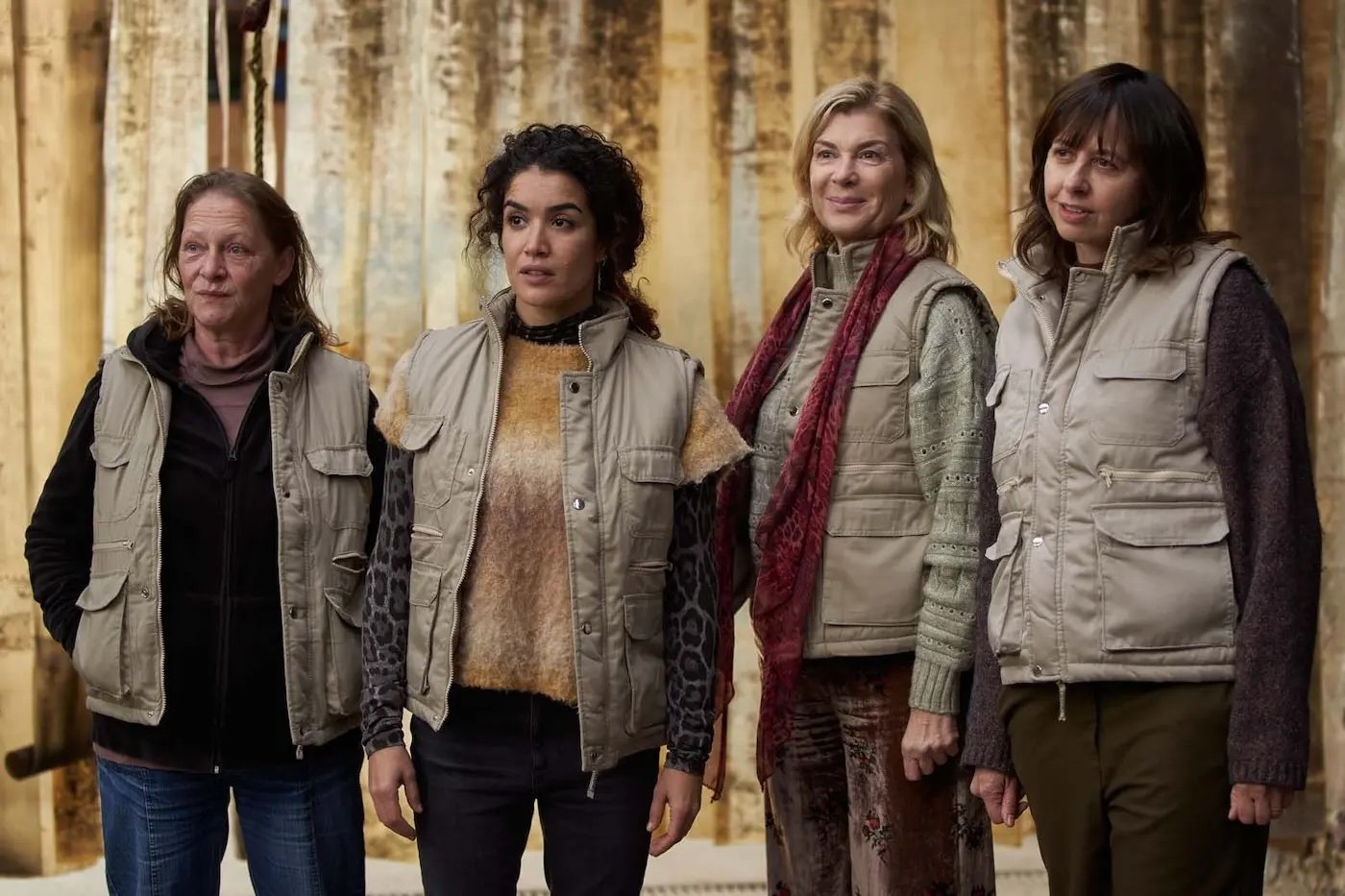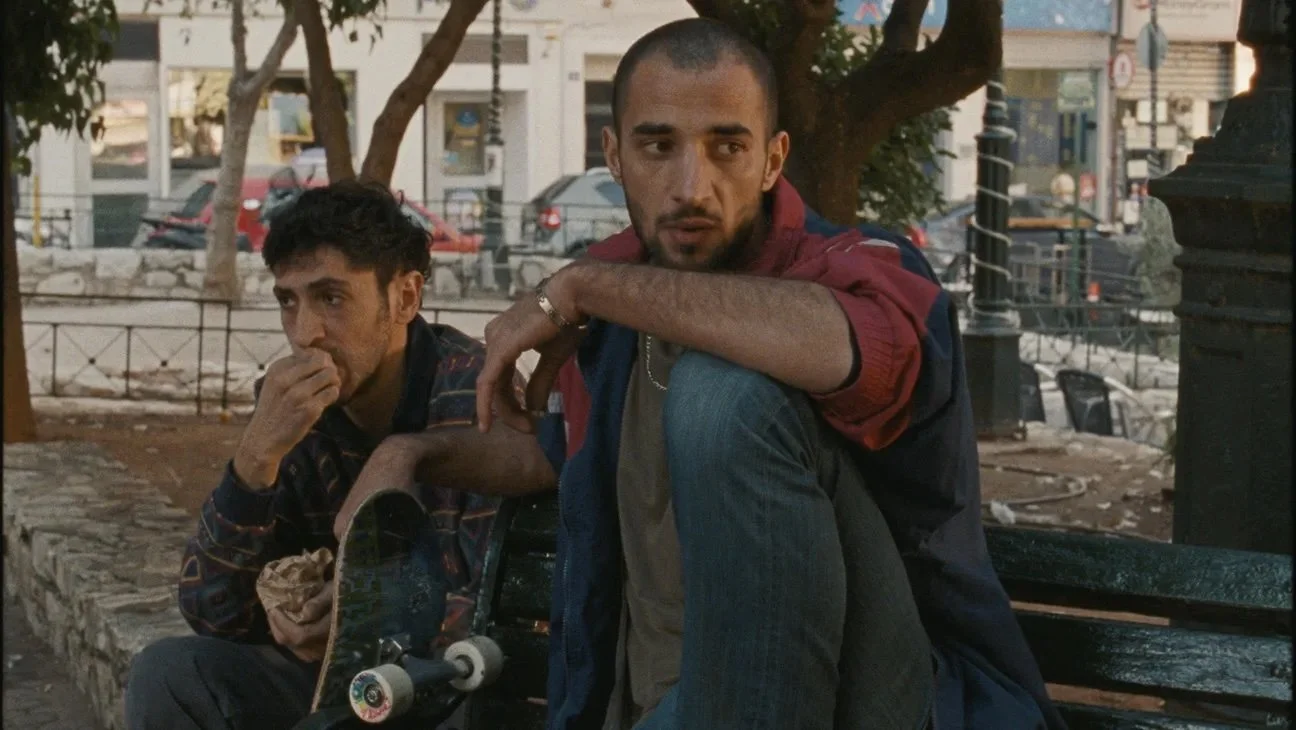Film review: An absence of human life haunts Mademoiselle Kenopsia
It’s like a “thriller that moves really slow”, but Denis Côté’s strange new film holds our attention nonetheless
Larissa Corriveau stars in Denis Côté’s Mademoiselle Kenopsia
The Cinematheque presents Mademoiselle Kenopsia on March 14 at 6:30 pm, March 23 at 8:30 pm, and March 25 at 6:30 pm
A FULL EIGHT minutes pass before we meet the “Guardian of Spaces”, the key figure in this latest film from Quebec’s Denis Côté (Flo + Vic Saw a Bear). Prior to that, we’re given a tour of an abandoned building, the sole location in Côté’s film aside from a hallucinatory sequence near the end. If it’s banal to state that the building is a “character” (it is), then it’s only fair to add that the entire film, down to the title—kenopsia means the haunting sense of human absence—trades in existential mystery reduced to cinematic banalities.
Played by the alluringly stone-faced Larissa Corriveau, we assume the Guardian has been hired to caretake or secure the facility, which includes a decrepit operating theatre and a pristine chapel among its mostly creepy rooms and dark corners. Any technology, notably, is old. She spends time on a landline discussing light philosophical topics but also the startling noises emerging from the walls. It might feel like an ironic challenge when she tells the anonymous person on the other end of her call, as the minutes of narrative withholding accumulate: “If you have too much of a thing it loses some of its worth, eh?”
Gradually a second woman appears in the Chapel, delivering a theatrical rap about reality while smoking like a total French person and saying things like: “I could be your reflection, out of focus.” It’s at this point that you might think, ‘Oh, hey, this is Mr. Côté’s movie vision of the Bardo, the location of the human soul between death and reincarnation,’ a notion strengthened by some talk about the violence of birth and the arrival of a schlubby tradesman who discovers an old nursery after pointlessly installing a vintage security camera in the middle of nowhere. The Guardian buzzes around him lustily but he’s more interested in the building’s absence of toilets. “How do you go?” he wonders. “I have my ways,” she tells him, conjuring all kinds of delightful images in our heads. Later, things are more direct when the Guardian listens to a radio broadcast about “liminal spaces”.
There’s one more female character who appears in the film’s final scenes, quoting a much, much better known movie about isolation and hauntology. By this point, abstract images projected into empty rooms (designed by media artist and Godspeed You!Black Emperor collaborator Philippe Léonard) have morphed into concrete images and the entire project has collapsed into a kind of cheerful solipsism. Which is fine. If you’re of a certain disposition, count me in, there’s much pleasure to be extracted from a film like this—“a thriller that moves really slow” in the Guardian's words—especially with such impressive sound and lighting design in cahoots with a magnetic actor. You wish the rest of Canada would be so indulgent with its arts funding, although it also feels like talented people having some fun in the liminal space between more significant projects. ![]()













